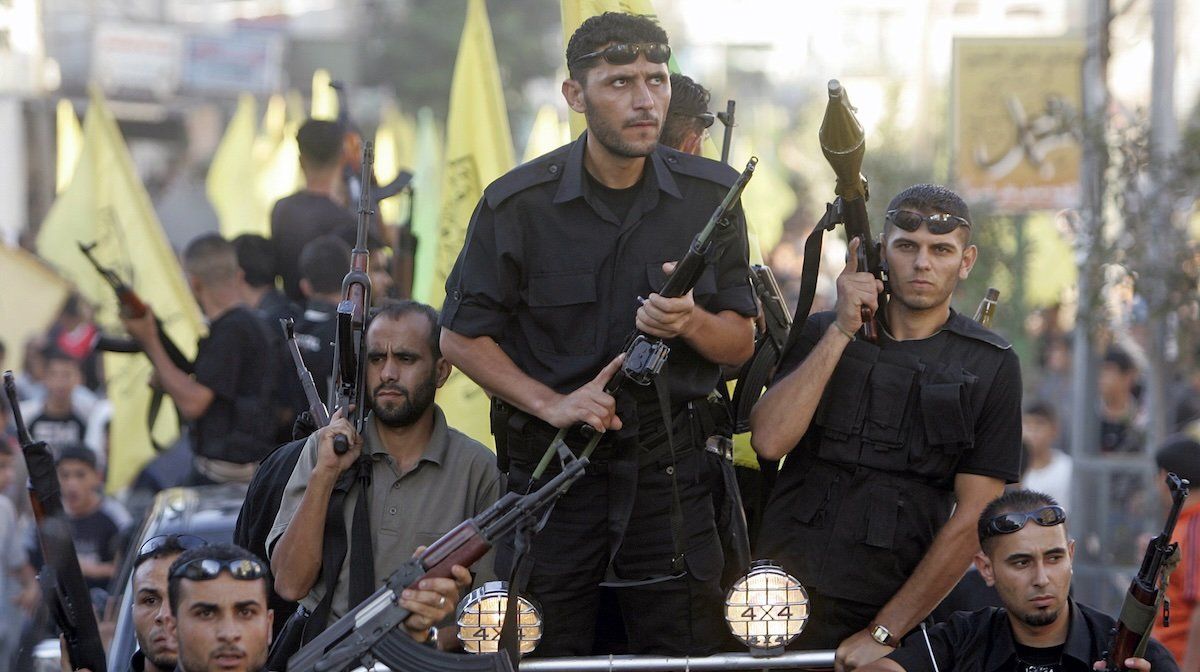With the US still trying, in vain, to negotiate a cease-fire in Gaza, China stepped into the fray with some olive branches of its own this week, hosting Fatah and Hamas, the rival Palestinian factions, for reconciliation talks in Beijing.
The backdrop: The secular nationalists of Fatah, who recognize Israel, and the Islamists of Hamas, who don’t, have long vied for control of the Palestinian movement. After Hamas won the 2006 elections, a brief civil war left Hamas in control of Gaza and Fatah running the West Bank.
What’s China’s angle? Beijing, already a global economic power, wants to cut a larger figure in diplomacy, cultivating an image as a more honest broker than the US, with closer ties to the so-called “Global South.” Last year, for example, Beijing delivered a détente between bitter enemies Iran and Saudi Arabia.
Not so fast. China is looking to foster intra-Palestinian accords here, not a broader peace deal. And it may be that Beijing is, for now, perfectly happy to see the US tied down by the Gaza war anyway.
But by creating conditions for a smaller resolution within Palestine, Beijing could be eyeing a larger role down the road.
